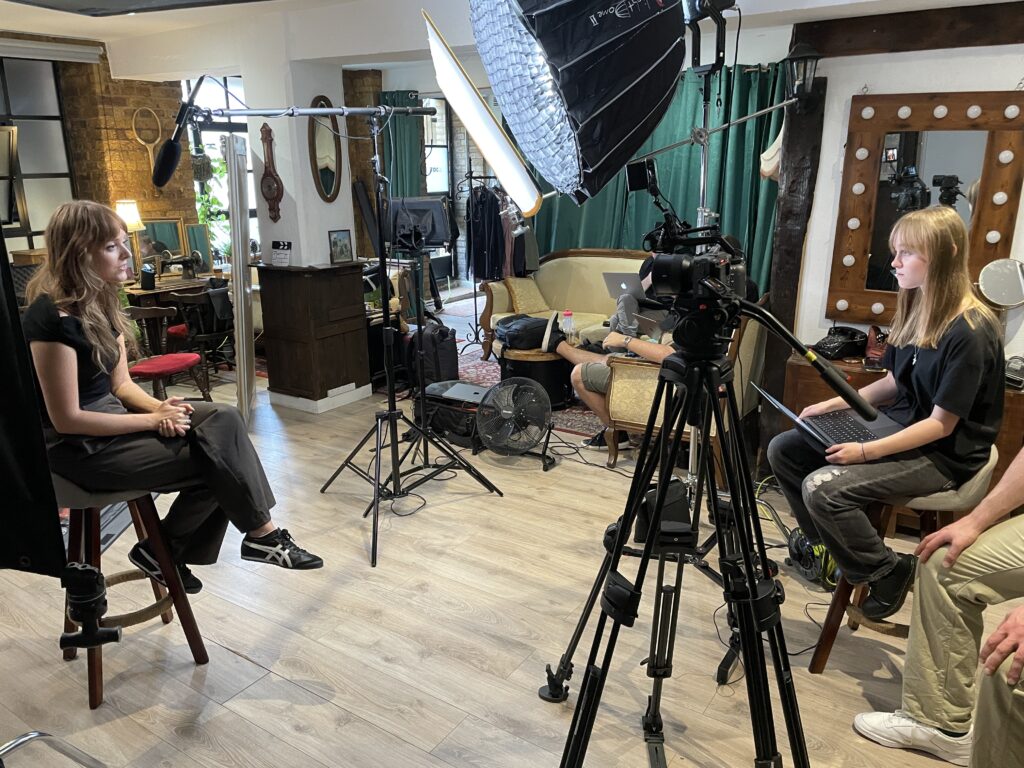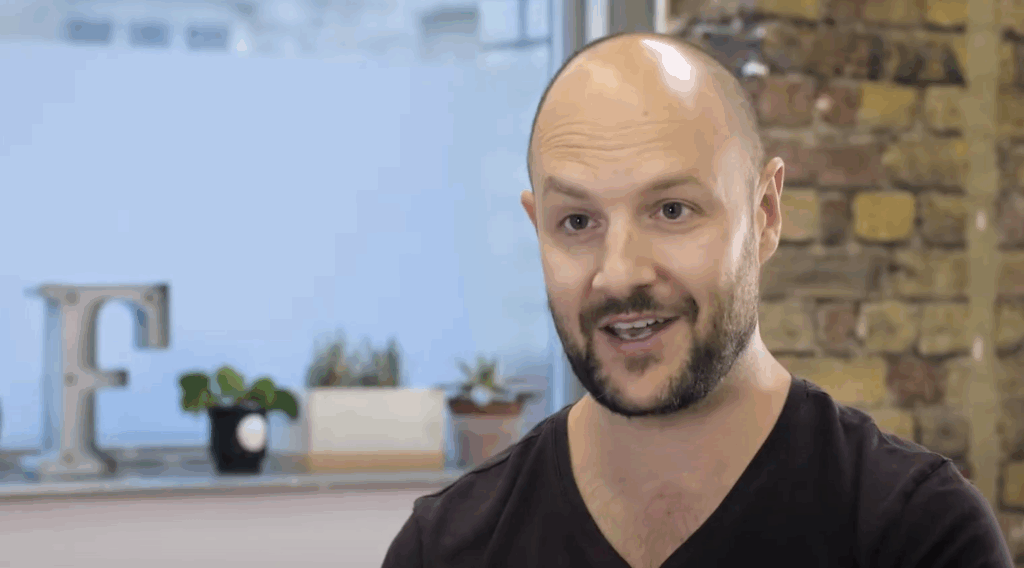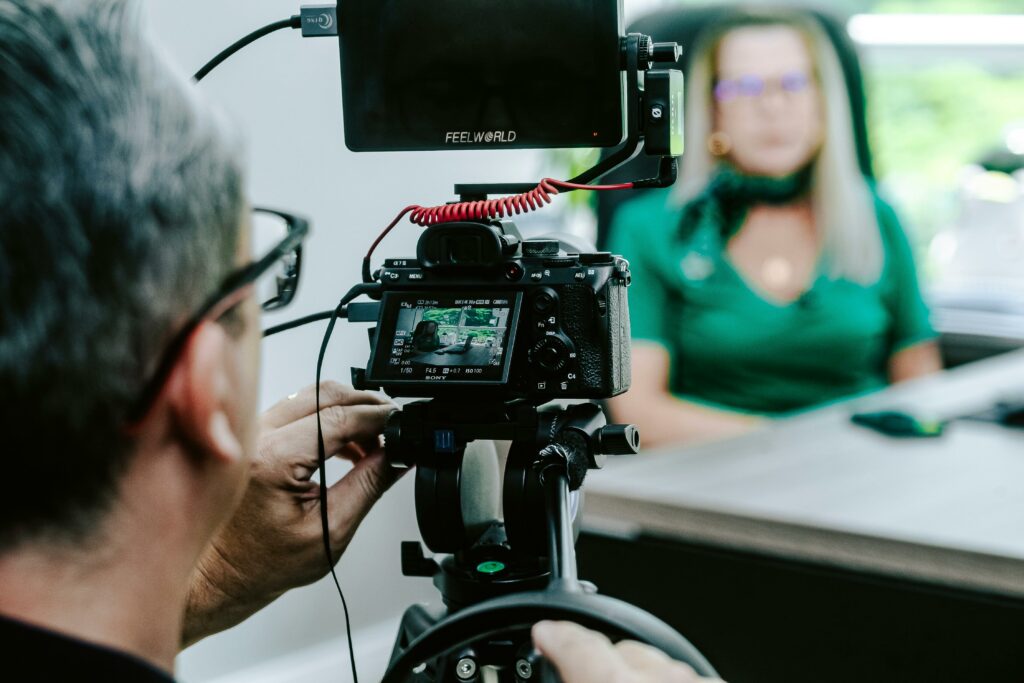If your food or drink brand doesn’t have a great personality, you’ll leave a very bitter taste with your customers and will struggle to connect with the Millennials and Generation Z consumers of today…
1600 new food and drink products are brought to market each year in the UK (LSEG). That’s a sh*t ton of choice, and this abundance means consumers are incredibly discerning about the brands they buy into. In fact, Millennials are said to be the pickiest generation when it comes to food (NYPost) and yet at the same time the most impulsive buyers, with nearly 1 in 5 Millennials admitting to impulse shopping every day (Finder).
With 90% of Millennials spending time online every day (Google), it’s never been more important for brands to send out the right message and connect with audiences in the digital space.
The proliferation of social media means that consumers have endless access to information, making them more culturally aware. In the last couple of years, people’s attitudes to food and drink has radically changed, particularly in western countries; Millennials and Generation Z has totally redefined the FMCG industry. In fact, 25% of teens aged 15-17 say they worry about staying healthy, and another 49% agree that drinking soda is unhealthy (Mintel). And Millennials are far more attracted to personalisation, with 77% thinking that it makes a food brand more attractive (Askatest).
They aren’t just concerned with the consumption of food; however, with so many Millennials spending a lot more time on social media and having their lives on display, the image and identity of the food they consume is extremely important and acts as an extension of their own personality (Kantarmedia). Now the phrase “How to Cook This” is the most searched on Youtube, and on Instagram, over 3 million posts contain the hashtag #avocado (Onebrandmagic). Incredibly 1 in 4 Millennials and Gen Z share food images and search for food products every day (PSL). According to a study by Maru/Matchbox, 69 percent of millennials take a photo or a video of their food before eating.
Check out our video production services
Whether you’re a restaurant, smoothie or chocolate bar, your brand’s identity on-and-offline is extremely important. Your consumers today will resonate more with the brands that seem to share their values and lifestyles, represent what they do or want to represent, are building personal connections through relatable and engaging content, and provide them with a more individual experience. Brands like Cadbury show us that you don’t need to be an all plant-based and organic product to do this; instead, you need to connect with them, show them your brand’s personality, and resonate with them on an emotional level. Cadbury recently changed its brand’s personality from being loud and quirky to being more family-led and down-to-earth. This was specifically to “reconnect with consumers” (The Drum), and their recent adverts have been very down-to-earth and relatable to a large UK audience of different ages, gender and status.
Cadbury Inventor – Go Madbury UK
Cadbury – Mum’s Birthday
Cadbury – Coast
Creating video content can be one of the most effective ways to showcase your brand’s personality, especially online, and it’s why many food and drink brands decide to create brand films. A brand film gives the audience an instant deep dive into your brand’s personality, background, and story. It gives the audience something to instantly connect and engage with, making your brand a lot more relatable. It will typically be the first thing a customer sees and help inspire and formulate a positive first impression.
Ugly Drinks exploded onto the UK market last year with this killer brand film which encompasses their personality very well. They’re bold, they’re disruptive, and they have a problem with sugar. Here’s a quote from an interview with the Founder of Ugly Drinks “Our fans love to be seen with the cans, they buy our merch from the website, and they stick our stickers everywhere!” (Business Advice).
Ugly Drinks – It’s Time for the Ugly Truth
Your brand’s personality is going to be what sets you aside from all the other food and drink businesses out there, and it is going to be your greatest asset when building loyal customers. That’s why focusing attention on building a brand personality online through platforms like Instagram, your website and Youtube has become so important. They help you connect with your customers, spread a message and help to build a loyal following. Once you achieve that loyal tribe, it will be easier for your brand to tackle larger demographics. Brands like McDonald’s have always been nailing this part of their marketing and are now providing a relatable personality to millions of customers. It works so well for them because they know who their customers are, what their customers want to see from them, and why their customers buy their products.
In this advert by McDonald’s, “More in Common”, we can see how they connect with multiple demographics based on multiple personalities. This, in turn, showcases McDonald’s as being inclusive, down-to-earth, and enjoyable for everyone.
McDonald’s – More in Common
https://www.youtube.com/watch?v=WD1Ln_4ttHo
Consumers today want to see the brand behind the product, they want to see your personality, and they want you to speak to them as individuals. You can read our other blogs to find out how to connect with your customers online, and best spread your brand’s personality through video.
Supercharge your Social Media Marketing using Video…
Seasonal Videos to Supercharge your online marketing…
How to use Video in 2019…
How to Win Customers with Branded Content…
Brand Storytelling through Video…
Looking for support from a video production company in London? Pop us over an email and we’ll be in touch in a flash.







